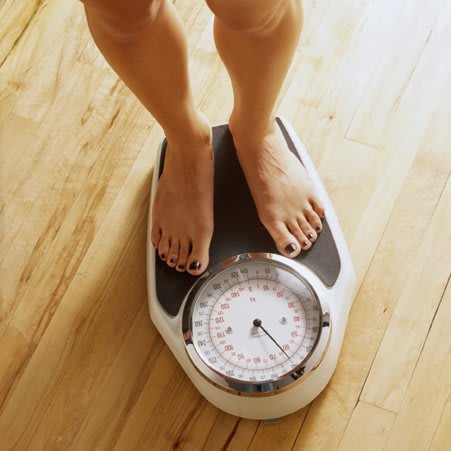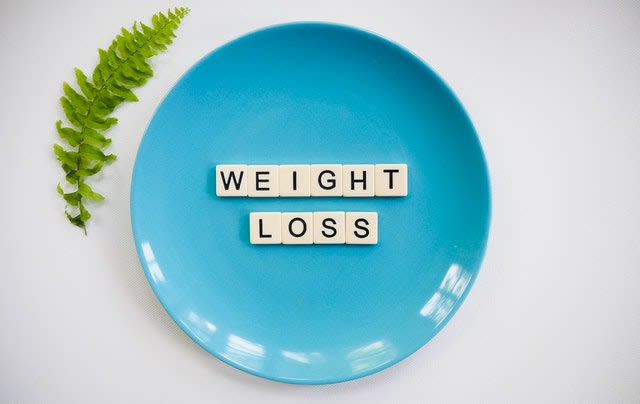On Weight Loss and Hormones
Published: November 10, 2014l
By: Angie Rosadia, MS, RD, CD-N, Clinical Dietitian
Before you start another diet to lose weight, you may want to understand how hormones affect our appetite and satiety.
Questions you may ask yourself are:
- How can I maintain or achieve hormonal balance?
- How does the brain know when I’m hungry or full?
- What influences my hunger and satiety?
There are many hormones that affect our appetite and satiety, and we are just now beginning to understand how they work in our body. It is not just genetics, will power or eating habits that play a role in weight loss. Research shows there are many hormones involved in sending messages to our brain and decreasing our hunger signals, which directly or indirectly influence our efforts to lose weight. The body must also work properly in order for these hormones to work correctly. Examples of these hormones are Leptin and Ghrelin. Leptin sends signals to the brain that we are full, while Ghrelin, “referred to as hunger hormone”, sends the message that we are hungry and need to eat. According to Dr. Roizen of the Cleveland Clinic, our choice of foods and activity level regulate these hormones.
In addition to the above hormones, we also need to take into consideration 3 key hormones that regulate metabolism. These are Insulin, Cortisol and Thyroid hormones.
- -determines whether sugar is used by the body immediately or is stored as fat.Insulin
- - high levels of this hormone cause intense food cravings and binge eating. High stress levels or anxiety can cause the adrenal gland to produce too much cortisol. Cortisol
- slow thyroid function can cause weight gain.Thyroid-
How does the brain know whether we are hungry or full? The feeling of satiety comes from the communication between the brain and the stomach, as a result of hormones leptin, ghrelin and cholecystokinin (CCK). These are secreted by the gastrointestinal tract.
As science and research try to uncover the inner workings of these hormones as it relates to our metabolism , the following are some suggestions to help achieve hormonal balance and assist in our desire to maintain a healthy weight:
- Discuss your concerns with your physician, e.g., if you suspect a thyroid problem
- Get enough sleep; the link between sleep, stress and hormones affects weight gain have become clearer.
- Find healthy ways to reduce stress, such as exercise regularly, do yoga, participate in favorite hobbies.
- Complement your sleep and stress management efforts with a reduced calorie, balanced diet with exercise regime.
- Eat less processed foods and include fresh, wholesome foods in your daily meal plan.
- Eat slowly; it takes 20 minutes for the stomach to tell the brain that it is full.
- Remember, in order to lose weight, you must take in fewer calories than your body can burn or increase activity level.
References:
http://www.medicinenet.com/script/main/art.asp?articlekey=53304
https://onlinelibrary.wiley.com/doi/full/10.1111/j.1467-789X.2006.00270.x
http://www.livestrong.com/article/331092-roles-of-leptin-and-ghrelin-in-obesity/
http://www.health.harvard.edu/blog/why-eating-slowly-may-help-you-feel-full-faster-20101019605
Featured Expert/ Author

































































